RecFAC update
There have been three RecFAC meetings this year (2022).
Here is our take on what happened at each meeting.
March meeting #77
At the March meeting, rock lobster and calamari management were the main features.
The issue with calamari is overfishing on the north coast that targets spawning populations. This is largely driven by the commercial sector.
TARFish supported extending spawning closure by one week on either side of the current northern area closure, starting at the beginning of the last week in September and concluding at the end of the first week in November. The extended spawning closure will better protect breeding fish.
TARFish did not support bag cuts or the introduction of a boat limit. TARFish is keen to see a regional and sector specific approach to calamari management so that the solutions target the problem where its needed.
The Rock Lobster Rule changes and east coast policy options were discussed. TARFish proposed that the current East Coast Stock Rebuilding Strategy be reviewed to provide insight as to what could be done better in the future. This recommendation was accepted by RecFAC and was put to the Minister. The Minister is yet to advise if the recommendation has been accepted and a review will take place.
If you'd like to know more about TARFish's position on the proposed rock lobster rule changes you can find it here.
June meeting #78
At the June RecFAC meeting the big-ticket items were flathead and gillnetting.
The flathead fishery has been rated as depleting for a number of years and over the same period, TARFish has been advocating for a fisher-led stewardship program to improve fish abundance before cuts to bag and possession limits are implemented. At the meeting, the Department surprisingly recommended that the flathead bag limit be halved. Thankfully, through the efforts of TARFish and some fisher representatives RecFAC was unable to reach consensus on the bag cuts and therefore they have not been recommended to the Minister. But we must do something to protect this incredibly important fishery. Recent research has shown that if fishers and managers can work together to confront the challenges posed by gradual social and environmental change, we can hope to sustain good fishing opportunities and healthy fish populations for many generations to come. The recently released State of the Environment report reiterates this by highlighting the need for integrated stewardship of our ocean resources. Aligning with this, we want to see a flathead stewardship program in place this year for the peak flathead fishing period of December-March.
Gillnetting attracts passionate supporters and those that want it banned. The 1—year recreational fishing strategy commits to a phase out in 10 years. We are keen to actively participate in this issue and we’ll be in touch soon to seek your views on gill-netting.
June meeting #79
Meeting #79 in late June was to discuss the proposed rock lobster rule changes. While TARFish was generally supportive of the majority of RecFAC recommendations, such as the size limit changes, TARFish strongly objected to the dramatic impact it would have on recreational fishers in the first two years with an expected catch reduction of at least 35% and more likely closer to 50%.
TARFish noted that there was no such reduction in the commercial take.
TARFish proposed that the East Coast season for 2022/23 and 2023/24 be extended and brought into line with the rest of the state of offset this dramatic cut to recreational rock lobster fishing. Unfortunately, the RecFAC did not support that view. We will continue to advocate strongly on behalf of recreational fishers to ensure we do not end up carrying the stock rebuilding load on the East Coast, especially given the State governments commitment to increase the take arrangements for the recreational sector.
